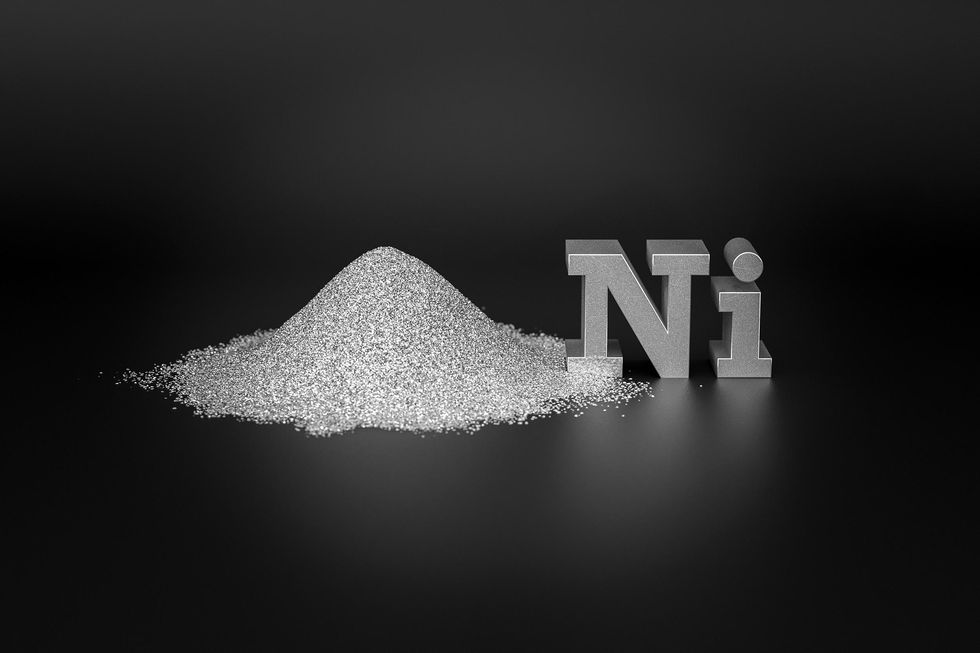Moscow-based miner Norilsk Nickel (Nornickel) reported a 37 percent decline in net profit for 2024, citing ongoing western sanctions and lower metal prices as primary factors affecting its financial performance.
According to the company’s 2024 financial results, consolidated revenue fell 13 percent year-on-year to US$12.5 billion. EBITDA was down 25 percent to US$5.2 billion, with net profit dropping 37 percent to US$1.8 billion.
Company President Vladimir Potanin said that geopolitical restrictions, reduced access to western equipment and shifting trade patterns have negatively impacted the company’s ability to generate cashflow.
“Our business as part of Russian economy remains under significant external pressure. Sanctions and restrictions as well as falling prices of our key metals continued to weigh on our revenue, profitability and ability to generate cash flow,” Potanin commented in a press release shared on Monday (February 10).
“Nevertheless, in 2024 we managed to focus on operations and reverse the negative momentum.”
CFO Sergei Malyshev said that Nornickel’s board would not recommend paying dividends for 2024.
Although Nornickel itself is not directly sanctioned, broader measures against Russian industries have led to reduced purchases from western clients, disrupted payment channels and logistical difficulties.
The company has redirected its sales to Asian markets to mitigate these effects.
Nornickel is forecasting a global nickel surplus of 150,000 metric tons in 2025, the same as its 2024 surplus estimate. In terms of the market for palladium, which it also produces, it’s expected to remain balanced.
The company notes that the US administration’s policy direction on vehicle electrification could influence palladium demand, given its use in internal combustion engine exhaust systems.
Nornickel was tight-lipped about its discussions surrounding a Chinese joint venture.
In December, two sources familiar with the matter told Reuters the company was in talks with Chinese conglomerate Xiamen C&D (SHA:600153) to establish a joint venture to process Nornickel’s copper raw material into metal. Nornickel confirmed the negotiations at the time, and said in a conference call this week that it can’t disclose further details.
Nickel market facing challenges in 2025
On a macro level, the nickel market is under pressure due to oversupply and slow demand growth.
The base metal experienced price volatility in 2024, with a brief surge in the first quarter followed by a decline, closing the year in the US$15,000 to US$15,200 per metric ton range.
Industry analysts have pointed to a continued supply glut as a key factor suppressing prices.
For instance, Indonesian production has expanded significantly in recent years, adding to the global nickel surplus. Efforts to rebalance the market have been slow, with limited price recovery expected in 2025.
The potential policy shifts under US President Donald Trump’s administration could further influence the global nickel market. The Inflation Reduction Act, introduced under the previous administration, imposed restrictions on the sourcing of critical minerals for electric vehicle (EV) batteries. Current rules require that nickel suppliers meet foreign entity of concern standards to qualify for tax credits in the US EV market.
Under existing provisions, companies linked to China, Russia, Iran or North Korea cannot hold more than 25 percent control over entities supplying critical minerals for US EV batteries.
This has affected Indonesian nickel exports, as many projects in the country have significant Chinese ownership.
Don’t forget to follow us @INN_Resource for real-time updates!
Securities Disclosure: I, Giann Liguid, hold no direct investment interest in any company mentioned in this article.
From Your Site Articles
Related Articles Around the Web
Credit: Source link




